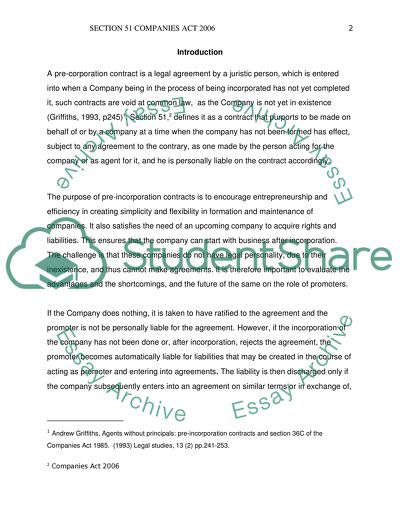Cite this document
(“Examination of the Extent to which section 51 Companies Act 2006 has Essay”, n.d.)
Examination of the Extent to which section 51 Companies Act 2006 has Essay. Retrieved from https://studentshare.org/law/1450077-critically-examine-the-extent-to-which-section
Examination of the Extent to which section 51 Companies Act 2006 has Essay. Retrieved from https://studentshare.org/law/1450077-critically-examine-the-extent-to-which-section
(Examination of the Extent to Which Section 51 Companies Act 2006 Has Essay)
Examination of the Extent to Which Section 51 Companies Act 2006 Has Essay. https://studentshare.org/law/1450077-critically-examine-the-extent-to-which-section.
Examination of the Extent to Which Section 51 Companies Act 2006 Has Essay. https://studentshare.org/law/1450077-critically-examine-the-extent-to-which-section.
“Examination of the Extent to Which Section 51 Companies Act 2006 Has Essay”, n.d. https://studentshare.org/law/1450077-critically-examine-the-extent-to-which-section.


